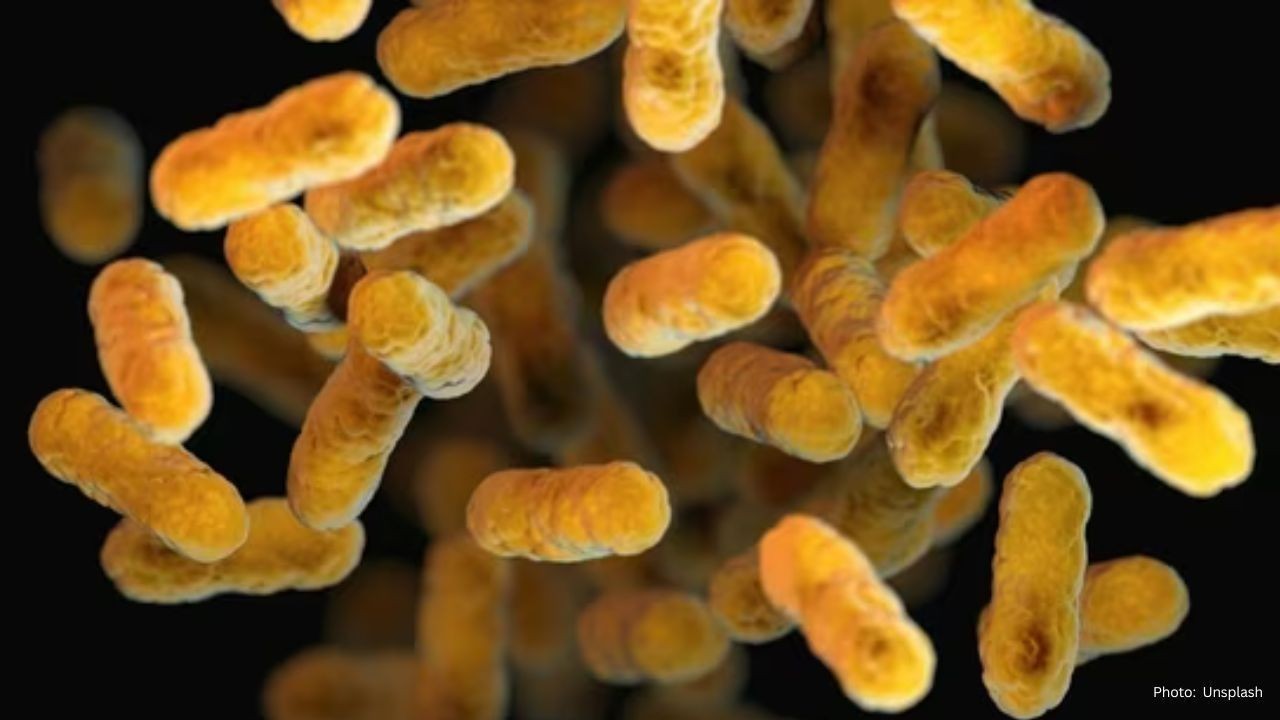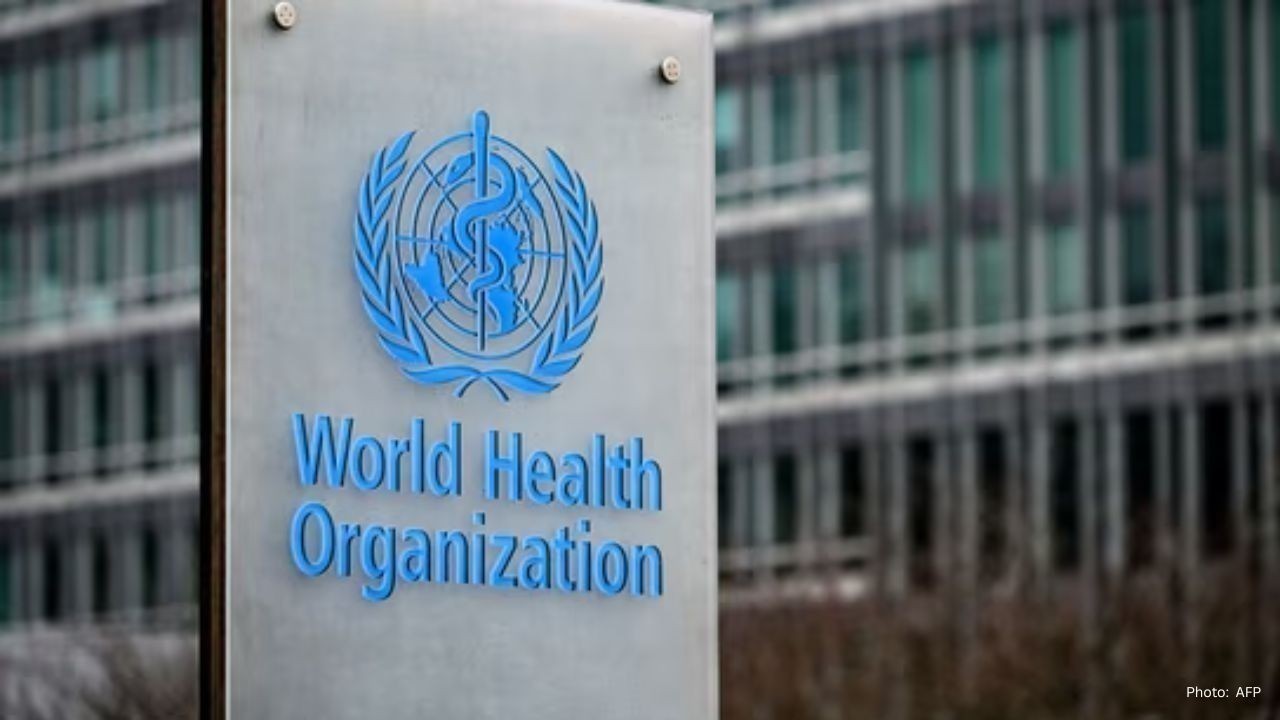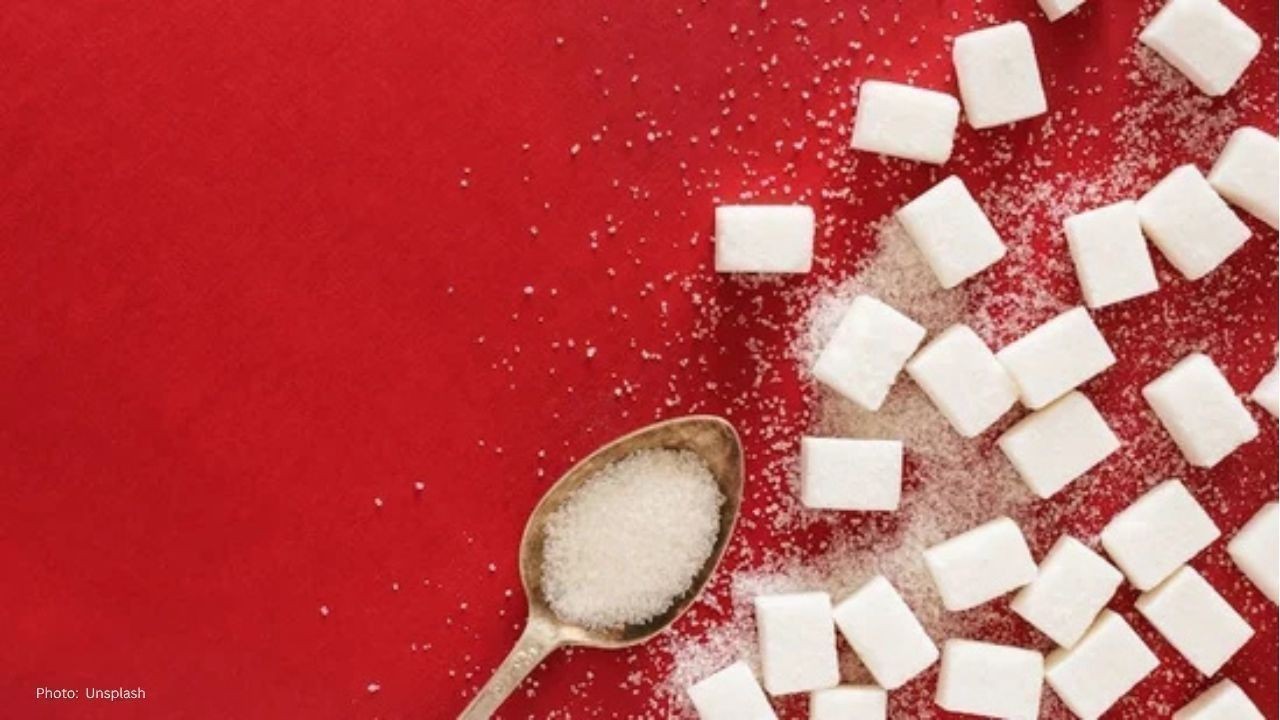
Post by : Saif Khan
Researchers at the University of California, Santa Barbara, have shared a major breakthrough that may help millions of people living with polycystic kidney disease. Polycystic kidney disease, also known as PKD, is a serious condition in which the kidneys develop many fluid-filled sacs called cysts. Over time, these cysts continue to grow in size and number. When the kidney becomes crowded with these cysts, the organ slowly loses its ability to function. This often leads to kidney failure, and many patients require dialysis or a kidney transplant to survive. Because of this, scientists around the world have been searching for better treatment options that can stop or slow the disease before it reaches such a dangerous stage.
This new study, funded by the National Institutes of Health and the United States Department of Defense, has been published in the journal Cell Reports Medicine. It explains how a specific type of immune protein may help block the growth of harmful cysts. An article on the News Medical Life Sciences website also discussed the importance of this new development, which is already attracting attention from medical experts and kidney disease researchers.
Thomas Weimbs, a biologist at the University of California and senior author of the study, explained that the biggest challenge in treating PKD is the unstoppable growth of the cysts. He said that once these sacs start forming, they keep increasing without pause. As the cysts expand, they push healthy kidney tissue aside and slowly destroy the organ’s ability to work. He said that the main goal is to stop this growth. However, to do this, doctors need a treatment that can actually reach inside the cysts and block the processes that allow them to multiply. This has been difficult because the cysts are closed spaces, and most medicines do not enter them easily.
The study suggests a strong possibility that dimeric immunoglobulin A, also called dIgA, may be the key. This immune protein is known as a monoclonal antibody. The research shows that it can enter the cysts and reach the cells inside. Once it is inside, the antibody can interfere with the signals that allow cyst cells to grow and multiply. The scientists discovered that many cyst-lining cells create their own growth signals and release them into the fluid inside the sacs. These growth signals then attach back to the same cells or nearby cells, pushing them to expand even more. This creates a cycle where the cyst continuously feeds its own growth. Breaking this cycle may be the best way to slow down the disease.
The new method focuses on targeting the receptors inside the cysts that receive these growth signals. By attaching to these receptors, the antibody blocks the signals that tell the cells to grow. If successful in human treatment, this approach could slow the disease and help patients maintain healthier kidney function for longer. This could reduce the need for early dialysis or kidney transplant, giving patients better quality of life and more time before the disease becomes dangerous.
Polycystic kidney disease affects millions of people worldwide, and many do not know they have it until the damage has already begun. The disease is often inherited from parents, meaning that if a parent has PKD, their children may also carry the condition. For most patients, symptoms do not appear early. The cysts grow slowly over many years, and people may start showing clear signs only in adulthood. By then, the kidneys may already have suffered serious damage. Common symptoms include side pain, swollen abdomen, high blood pressure, and blood in the urine. Many people discover the disease accidentally during a medical test or ultrasound done for another reason.
Currently, treatment options for PKD are limited. Doctors mainly try to manage symptoms, slow down kidney damage, and delay the need for dialysis. There are very few medicines that directly treat the root cause of the disease. Because of this, any new scientific breakthrough brings hope to patients, families, and healthcare professionals. If this method proves successful in clinical trials on humans, it could become one of the most important discoveries in kidney disease research in recent years.
The study also shows the importance of medical research and long-term scientific commitment. Many diseases that were once considered untreatable are now manageable because scientists continued working to find new solutions. The efforts of research teams, universities, medical institutions, and government support agencies can create results that may one day save lives. PKD research has been going on for many decades, and this new development could be a major step forward in understanding how the disease works on a cellular level.
Although this new method has shown promising results in the laboratory, there is still more work to be done. Researchers must now test the antibody further to ensure it is safe and effective in treating humans. This includes clinical trials, which may take several years. Medical experts must also understand whether this treatment can be combined with existing medicines and whether it can help patients at different stages of the disease. However, the scientific community is already hopeful that this discovery may eventually offer patients a new treatment option.
The research also highlights the growing importance of precision medicine. Instead of simply treating symptoms, modern treatments aim to target the exact processes that cause diseases. The use of monoclonal antibodies is growing in many areas of medicine, including cancer and autoimmune diseases. Now, this research shows that the same technology may help patients with PKD, opening doors for more targeted treatments for kidney disorders in the future.
For millions of families affected by PKD, this development brings new optimism. Many patients live with the fear that their kidney function could decline at any time, disrupting their work, family life, and long-term health. A treatment that slows down cyst growth would not only protect the kidneys but also reduce medical stress and allow patients to lead a more normal life. The discovery also encourages further global research, with teams around the world likely to explore new ways to apply and improve this approach.
The study from the University of California gives a clear message that progress in medical science continues to move forward. Every new discovery takes time, patience, and dedication, but each step brings society closer to better health solutions. If this antibody-based treatment becomes successful in the future, it could transform the experience of PKD patients, reduce kidney failure cases, and improve the lives of people living with this challenging condition.

Vogue India Celebrates Women’s Cricket Champions with Stylish New Cover
Vogue India highlights Harmanpreet Kaur, Shafali Verma, Deepti Sharma and Pratika Rawal in a bold ne

New TB Drug Offers Hope for Faster and Safer Treatment Worldwide
A new TB drug, sorfequiline, shows strong early trial results, offering hope for faster, simpler, an

World Toilet Day 2025: WHO Warns That Lack of Toilets Is Still a Global Health Crisis
On World Toilet Day 2025, WHO warns that 3.4 billion people still lack safe toilets, leading to prev

Fortis Doctor Says Eating Three Eggs a Day Helped Him Lose 38 Kg in Three Years
A Fortis gastroenterologist says eating three eggs daily helped him lose 38 kg in three years and im

Study Shows Early-Life Sugar Exposure May Affect Heart Health Decades Later
New research shows that sugar exposure during the first 1,000 days of life may influence the risk of

Whitney Leavitt Opens Up About Her Weight Loss Journey While Battling Hypothyroidism
Whitney Leavitt shares her weight loss journey, struggles with hypothyroidism, and how she used medi

Zeenat Aman at 74 Shares Her Secrets for a Youthful Mind, Flexible Body, and Healthy Grey Hair
Zeenat Aman turns 74 and shares simple lifestyle habits for youthful ageing, strong health, and beau

Devon Conway Stars as New Zealand Beat West Indies in Napier
Devon Conway and Rachin Ravindra guide New Zealand to a five-wicket win over West Indies in Napier,

NFL Suspends Bengals Star Chase After Spitting on Opponent
Cincinnati Bengals receiver Ja’Marr Chase gets one-game suspension for spitting on Steelers’ Jalen R

England Announce 12-Man Squad for First Ashes Test in Perth
England announces 12-man squad for first Ashes Test in Perth, including Shoaib Bashir and four fast

Roger Federer Joins Tennis Hall of Fame in First Year
Tennis legend Roger Federer elected to Hall of Fame, honoured for his stellar career and influence,

Steve McClaren Resigns as Jamaica Coach After World Cup Draw
Steve McClaren resigns as Jamaica coach after goalless draw with Curacao, leaving Jamaica to fight i

Daryl Mitchell Becomes No.1 ODI Batter, ICC Rankings Updated
Daryl Mitchell becomes No.1 ODI batter, while players from New Zealand, India, Pakistan, and South A

Bangladesh Women’s Tour of India Postponed Indefinitely
Bangladesh women's cricket tour of India in December has been postponed indefinitely due to politica

Bangladesh Appoints Vice-Captains Ahead of Ireland Series
Bangladesh Cricket Board names Mehidy Hasan, Najmul Shanto, and Saif Hassan as vice-captains in Test